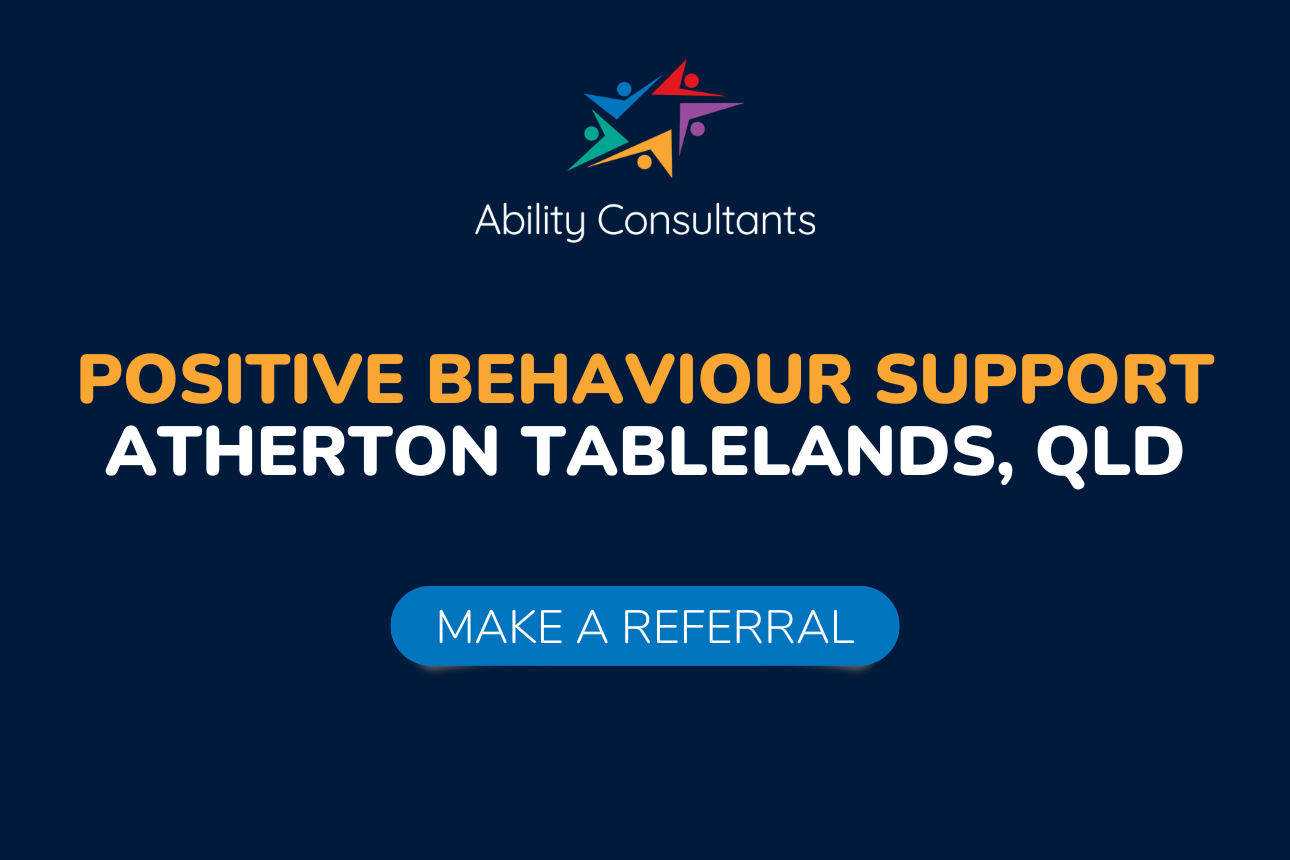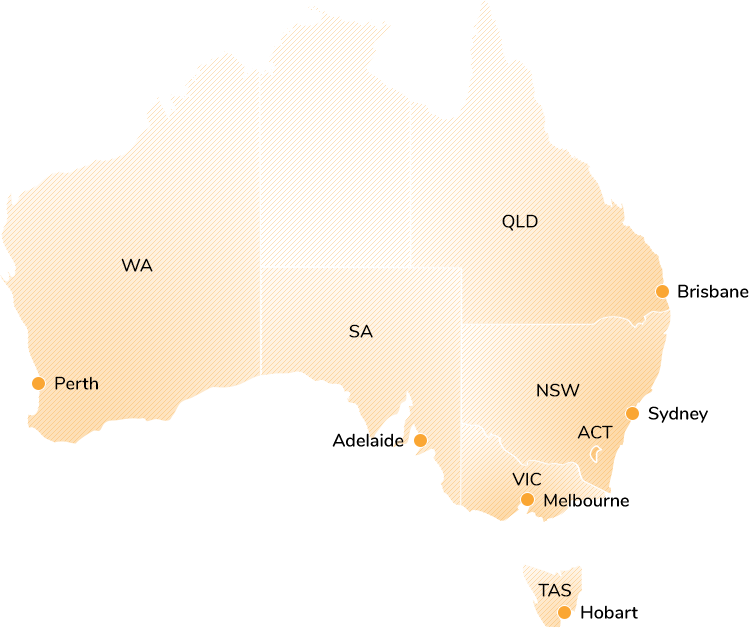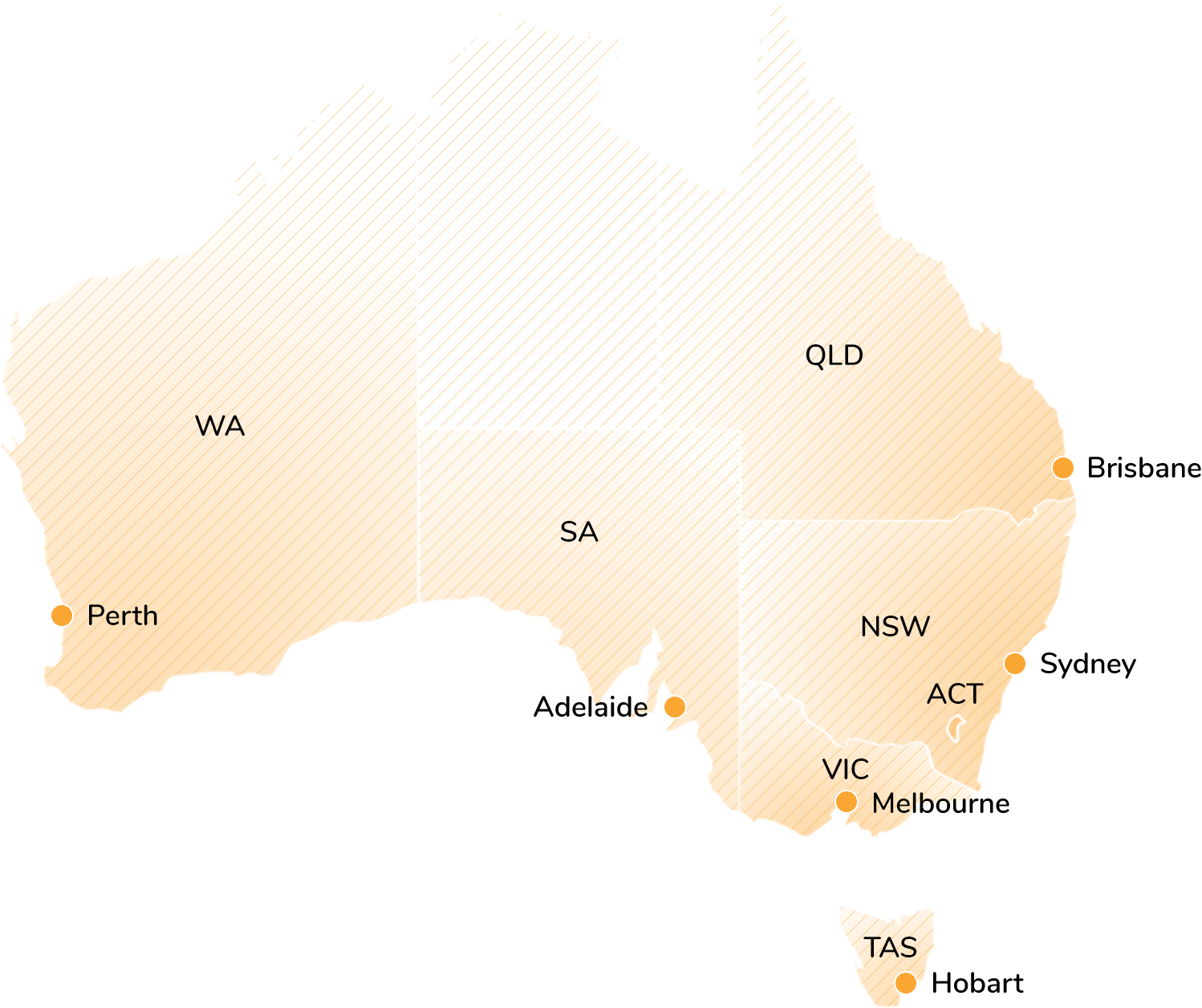Positive Behaviour Support on the Atherton Tablelands: Find a Behaviour Support Practitioner near you

We’re excited to offer Positive Behaviour Support on the Atherton Tablelands in Far North Queensland. Find out more about your local Behaviour Support Practitioner below, or if you’re ready to get started, please feel welcome to make a referral anytime on our website.
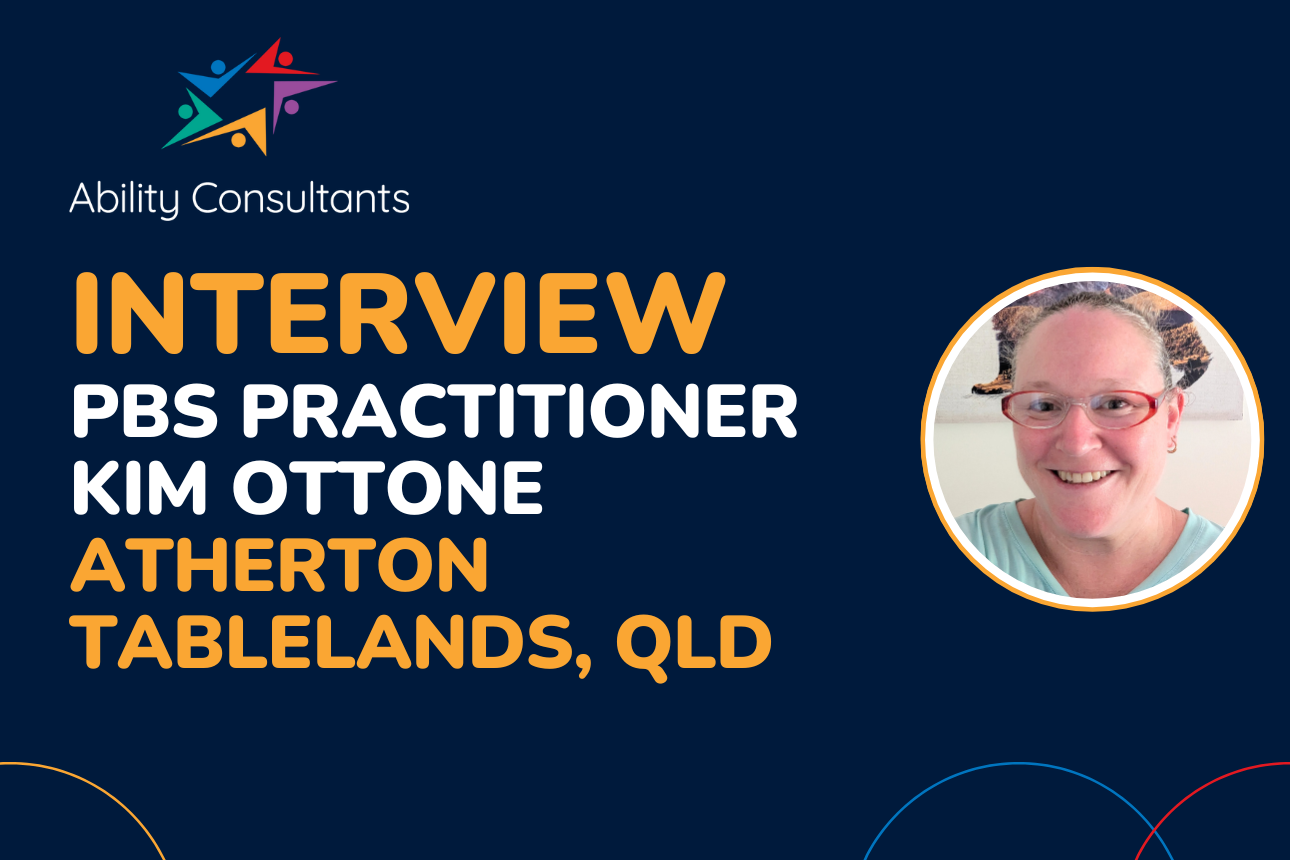
Meet Kim Ottone, Behaviour Support Practitioner on the Atherton Tablelands, QLD
Hi Kim, it’s great to have you on our team on the Atherton Tablelands! Tell us about you!
I was born in Victoria but we moved when I was young to the Far South Coast of NSW, where I grew up. In my early 20’s, I embarked on a journey to the Atherton Tablelands in Far North Queensland and fell in love with the area. I was working in the employment industry before deciding to travel, and I left Australia for a six month working holiday in Ireland.
When I returned to Australia, I spent a year back on the Far South Coast of NSW, where I started working as a Disability Support Worker. After realising I wanted to be back in Far North Queensland, I moved back to the Atherton Tablelands and have since worked as a Disability Support Worker for the past 16 years, only stopping recently to raise a family.
I’m lucky enough to live in a beautiful patch of rainforest, where I get to share my home with Lumholtz’s tree kangaroos, various possum species, pademelons, and an abundance of birds, butterflies, and other creepy crawlies.
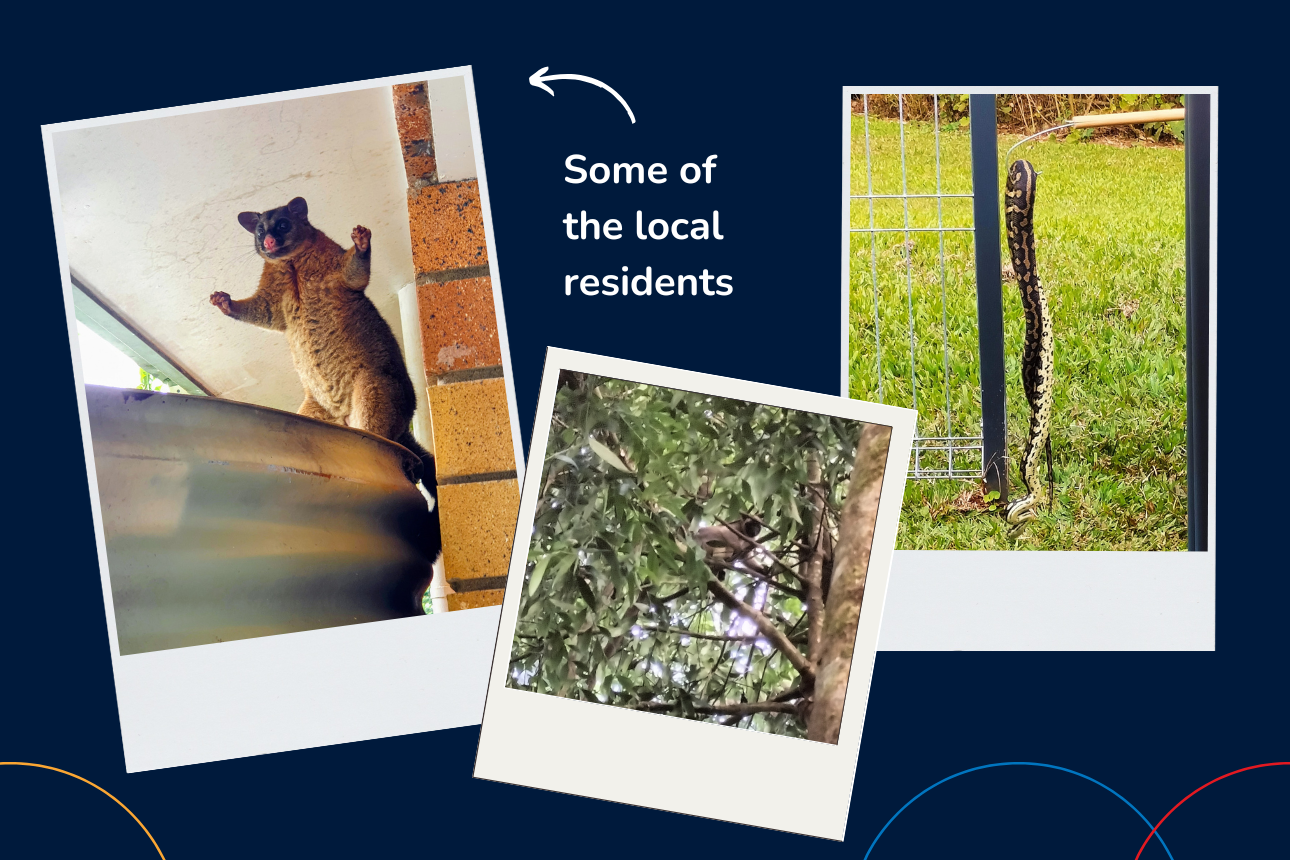
What’s the most rewarding aspect of working in Positive Behaviour Support?
My whole focus is to improve the quality of life for the people I support and to see them thrive and become more independent. If I can help people lead full and empowered lives- learning new skills, becoming more self-sufficient, and feeling less frustrated and isolated, then that is the greatest reward of working in Positive Behaviour Support (PBS).
How has your experience in the disability sector influenced your approach to supporting individuals with disability?
I’ve found in my time that many people who have support workers and are out in the community feel ashamed to be seen with one. This understanding has influenced the way I provide support — I interact with my participants in a casual way so that, to the average person, it appears as though two friends are on an outing. I’ve learnt that, quite often, the people we support just want someone they can relate to and chat with about everyday life.
You’ve supported clients in community access, in-home care and respite care. Can you share what each of these mean? What are key lessons you have learnt through your work in these areas?
During community access I have supported participants to engage with activities of their choosing in the community, which could include things like shopping, meals out, and attending appointments.
When working in in-home care, the focus was more on providing assistance within the home environment, such as personal care, meal preparation, and household tasks.
My work in respite care involved supporting participants who were staying at the respite center short term, while their regular carers had a break from their caring duties. I undertook combined duties in respite care, including both in-home support such as personal care and meals, as well as accompanying participants on community outings. Respite care is a bit like a hotel, with frequent room changes as people came and went.
The key lessons that I’ve learnt through my work across multiple support areas are that no two people are the same, and no two environments are the same, therefore support needs to be person-centred and tailored to the individual.
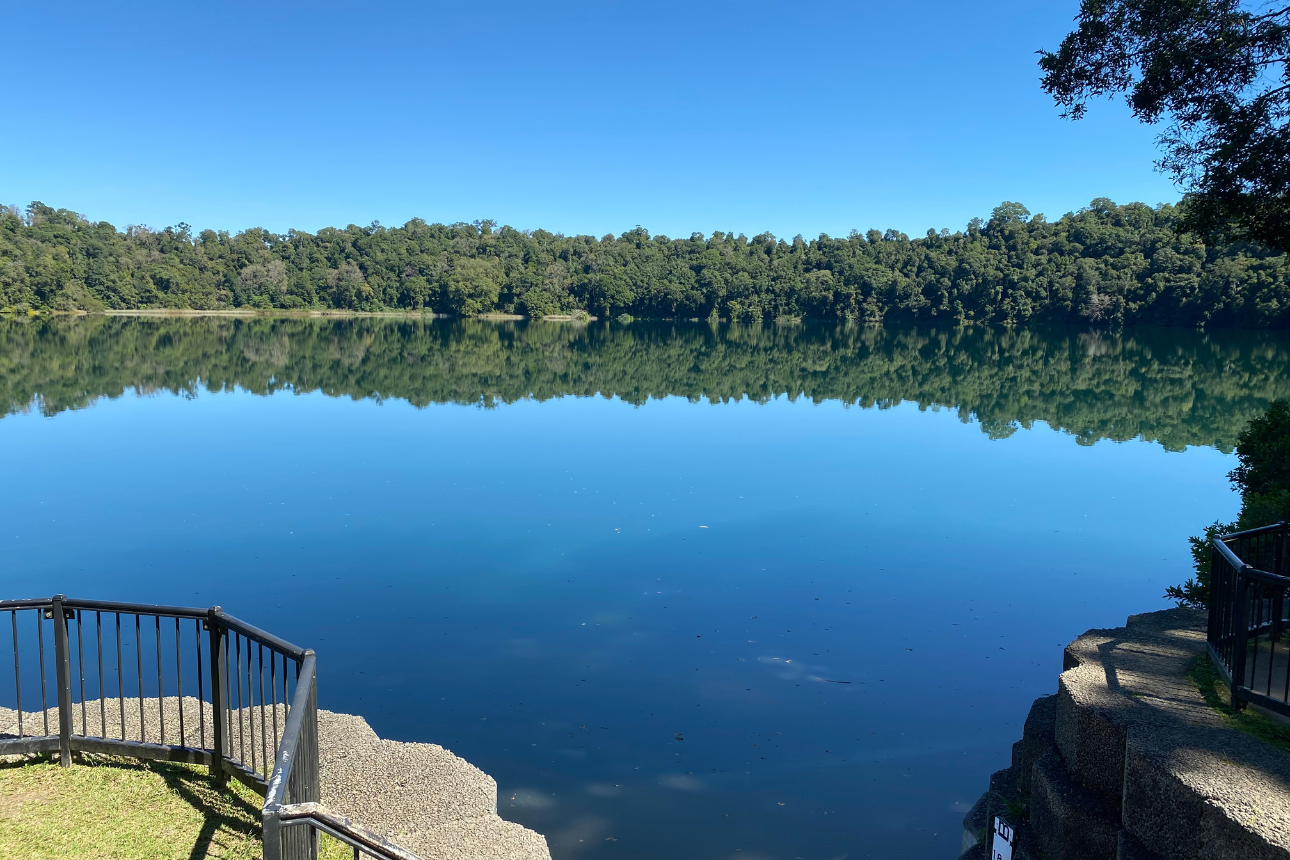
About Positive Behaviour Support and its impact
Can you tell us about a time you’ve seen Positive Behaviour Support in action and the effect it had on a person and/or their family?
I supported a child who was experiencing multiple meltdowns each week — sometimes several a day. I identified that the child was seeking sensory input, and the frustration of this need not being met was the underlying cause of the meltdowns. I introduced simple daily activities that allowed the child to engage in independent sensory play, without placing any additional stress on the parents. As a result, we saw a significant reduction in meltdowns, which led to a much happier household for the child and their family.
Can you share an example of a diagnosis or behaviour of concern and how Positive Behaviour Support can help?
One example of a diagnosis that can benefit greatly from Positive Behaviour Support is Autism Spectrum Disorder (ASD). Individuals with Autism often use behaviours of concern or harm as a way to communicate their wants and needs when they feel these aren’t being met. Positive Behaviour Support takes a proactive approach to understanding the root causes of these behaviours and helps develop strategies to support the person in expressing their needs in more positive and effective ways.
What does Positive Behaviour Support look like in a Supported Independent Living (SIL) setting? How can NDIS participants and their support teams benefit?
Positive Behaviour Support in a Supported Independent Living (SIL) setting can benefit not only the person receiving support but also their team and the others in the environment by focusing on proactive strategies to enhance positive behaviours. It helps create an atmosphere where all participants can thrive independently, while also being supported in ways that promote dignity, safety and personal growth.
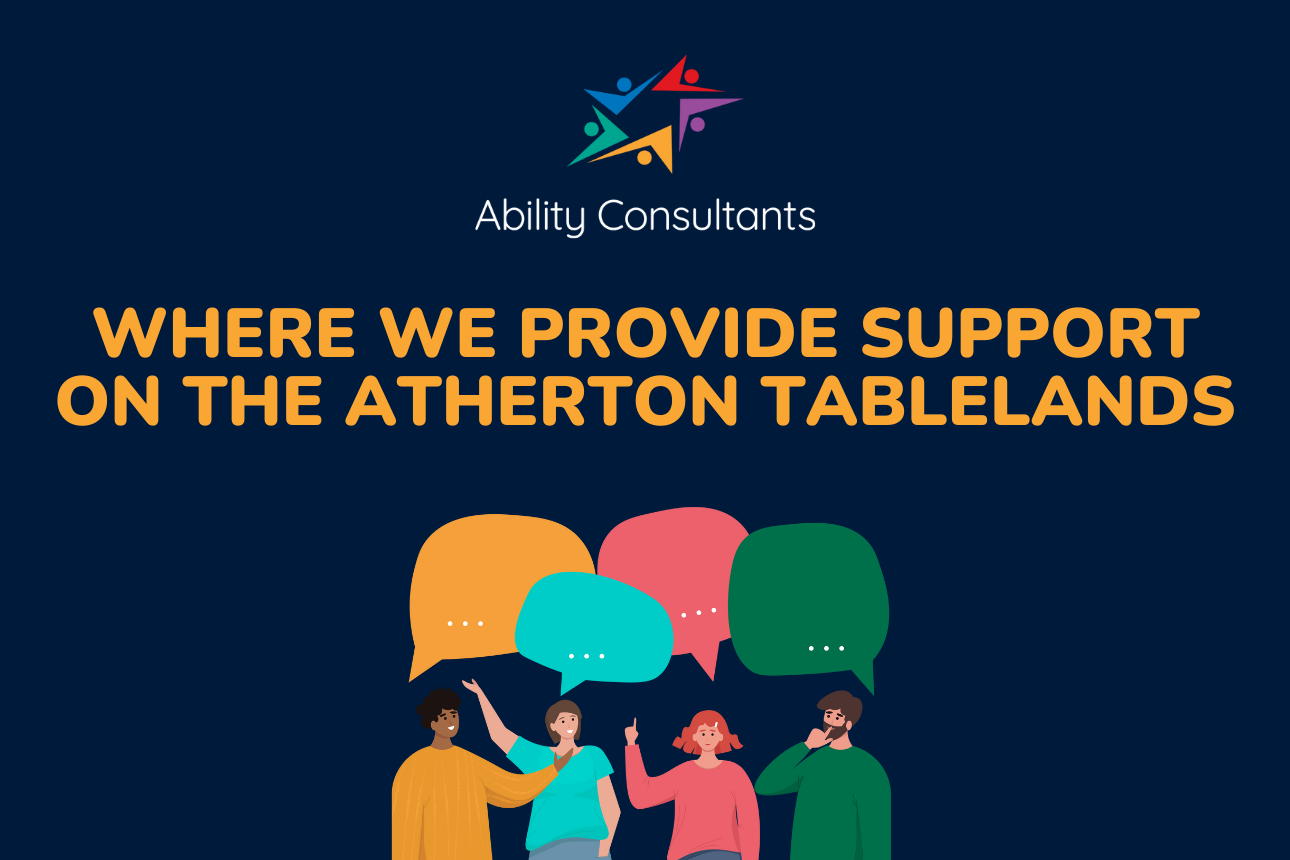
Positive Behaviour Support on the Atherton Tablelands
Supporting NDIS participants in a rural community is quite different to urban areas. On the Atherton Tablelands, how do you ensure you collaborate effectively with other local NDIS providers and a person’s support team?
I offer flexible communication channels, including in-person meetings, telephone, email, messaging and video conferencing. Living on the Atherton Tablelands can feel quite isolating, especially given the limited availability of services, so empathy and compassion play a major role in the support I provide. I also have a vehicle with off-road capability, which allows me to travel to the more remote areas of the Tablelands without issue.
Where do you provide Positive Behaviour Support on the Atherton Tablelands?
I currently provide support across the southern Tablelands, including Malanda, Millaa Millaa, Atherton, Tolga, Herberton, Ravenshoe, and everywhere in between. I can also support clients in northern areas such as Mareeba on a case-by-case basis. As I reside in the southern Tablelands, this significantly reduces the travel costs associated with PBS providers coming from Cairns, allowing more of the available funds to be spent on direct engagement.
Do you focus on supporting NDIS participants with specific diagnoses or age groups?
I don’t currently focus on supporting NDIS participants with specific diagnoses or age groups. I’m open to working with anyone who needs Positive Behaviour Support on the Atherton Tablelands.
How to get started with Positive Behaviour Support in the Atherton Tablelands, QLD
How can NDIS participants in the Atherton Tablelands get started with Positive Behaviour Support?
The first step is to make a referral for Positive Behaviour Support on our website. You can do this anytime and you can make your own referral, or a member of your support team can make a referral on your behalf.
If you have any questions about Positive Behaviour Support, please feel welcome to call our team on 1300 694 625 or send a message using our contact form.
About Ability Consultants
Ability Consultants is a Registered NDIS Provider on the Atherton Tablelands, Queensland. We support NDIS participants throughout NSW, QLD, Victoria, Tasmania, South Australia and Western Australia.
We create freedom and social connection for people with disability through easy access to Positive Behaviour Support.
About Positive Behaviour Support



